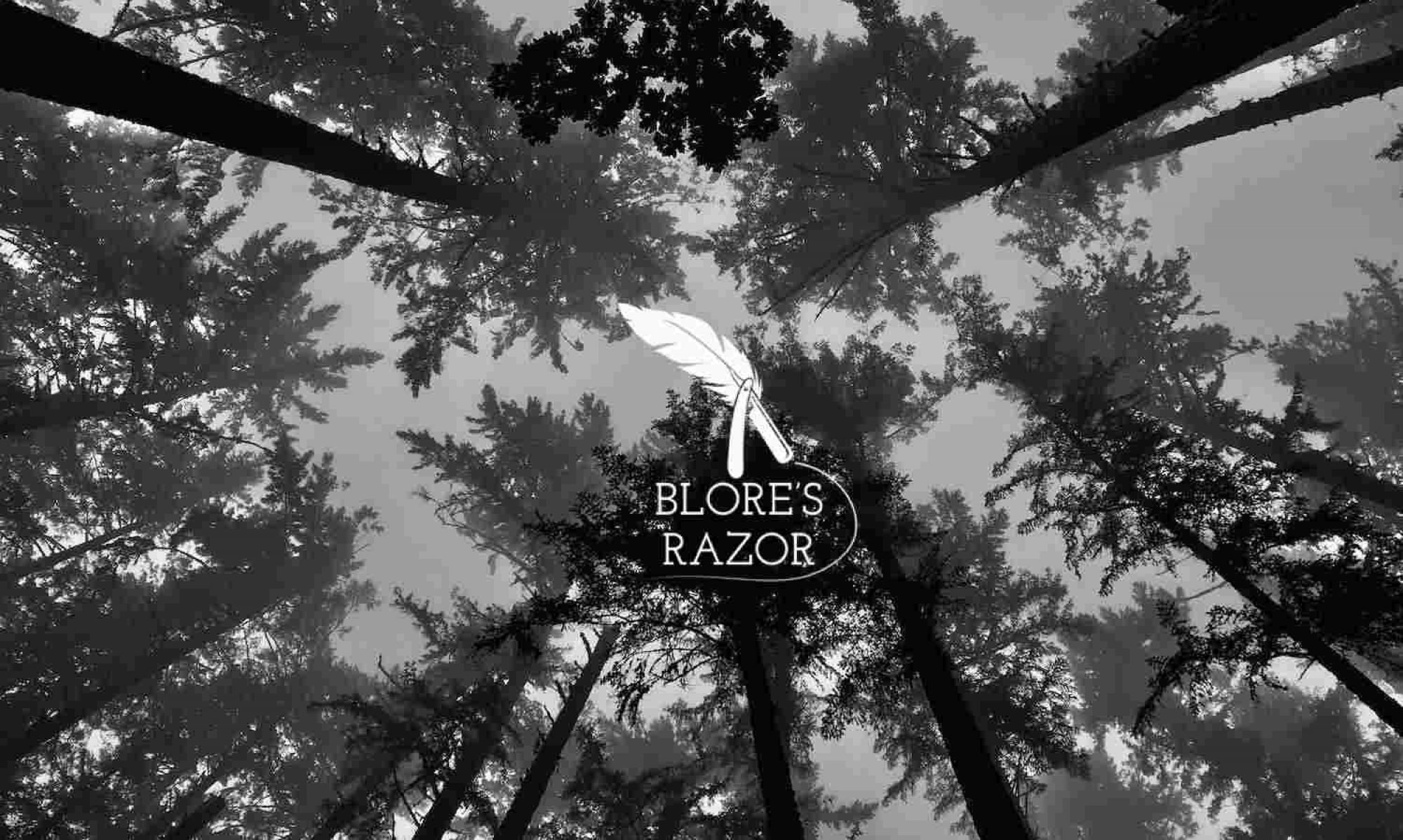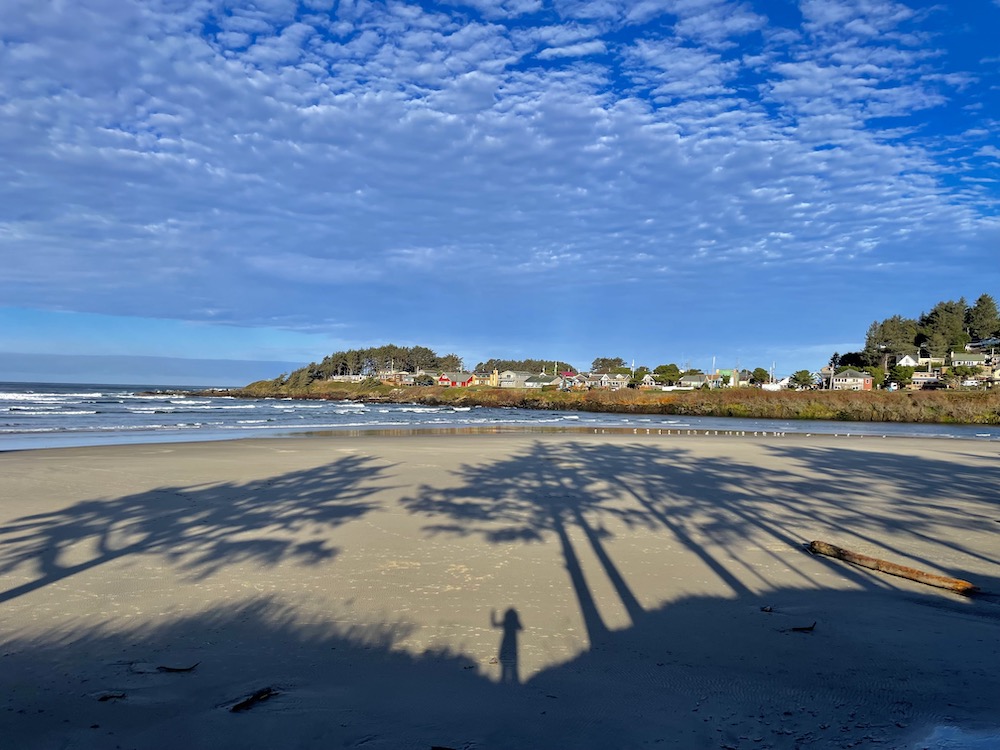Two years into the Covid-19 pandemic, what seemed important in the Before Times has faded into a swirling tide of cancellations, closures, and numbing intoxication. The simple pleasures we took for granted—dining at a restaurant, seeing a movie, attending a concert—are now infused with the constant thrum of low-grade anxiety. We all await the end of this Great Pause on Life As We Knew It. (Except for Floridians and anti-maskers, of course, who never really accepted the gravity of our situation.)
Is this the explosive grand finale, or are there more deadly mutations around the corner? Will the novel coronavirus dissolve into endemicity like the flu, or will some regions require masks for decades? How will the threat of the disease linger in international relationships? And how will that fear be abused by corrupt or racist governments?
We’re drowning in a high tide of uncertainty and a lack of leadership. It’s a difficult time to be kind to strangers or extend ourselves beyond our own maintenance, as even our best tools, masking and vaccination, seem tenuous amidst the Omicron surge.
Since early 2020, we’ve been bumbling through a dark cave without light. It’s been a supremely shitty era for everyone. Even the most stubborn optimists have thrown up their hands in surrender in the face of so much death, poverty, instability, injustice, and discord.
As with all challenging times, however, there are some lessons, practices, and full cultural movements worth carrying into the future.
Here are my embers of optimism still burning through these fucked up years:
1) American labor has reasserted its power. Customer service and factory jobs in particular, with their low wages and high risk of infection, are changing. Fewer people are tolerating the dodgy conditions, strikes have been widespread, and unions are finally confronting our country’s largest companies such as Amazon and Starbucks.
Before now, labor has never been powerful within my lifetime—from the early 80s on, the deck was stacked heavily in favor of the wealthy, both within our government’s policies and our culture. There was only a negligible distrust of the country’s tycoons; the overwhelming majority of Americans idolized and envied the rich and powerful. This has changed, especially among young people in a trend that likely started around the Great Recession.
Part of this movement is recognizing appalling American wealth inequality. Mass economic need creates the conditions for political conflagrations. Folks on the left and the right can (and must) realize their real quarrel is not with each other, but rather with those at the top who have profited exorbitantly through the pandemic, those who have paid for their elected leaders to loosen regulations and enact tax cuts in their favor. Billionaires such as Jeff Bezos and Elon Musk paid 0.98 and 3.27 percent income tax rates between 2014 and 2018. Nobody cares how much they’re investing in the interest of their own tax deductions—when the wealthiest folks pay less taxes to our government than teachers or truck drivers, there’s something deeply wrong with our system.
If a broader swath of Americans had policies that helped them as handsomely as the billionaires, there would be less fuel for the squabbles between the left and right. The resurgent labor movement is evidence that Americans are waking up to economic inequality and realizing their own power.
2) We’re reconsidering the centrality of a job in our individual identities. One peculiar American habit is how important one’s career is in shaping our self-concept and place in society. One of our first questions in meeting new people is “What do you do?” In many other countries, this would be unusual as it’s assumed that there is more to a person than where they work.
With folks questioning the importance of employment in their self-concepts, we’re outgrowing the old constraints of who we can be. People are much more than their job titles or educational attainment, especially since our economy simply isn’t set up for everyone to align their occupations with their dreams.
3) We’re focusing our time and energy on our most valuable relationships and activities. Before the pandemic, It was easy to spread ourselves thin among mediocre acquaintances, pastimes, and expectations. Covid-19 has brought into focus the most significant parts of our lives.
I didn’t realize how much time I wasted maintaining dispensable branches of my existence. The Great Pause, with all of its associated risks and constant reminders of mortality, has helped me reevaluate what’s deserving of my precious time.
4) We’ve learned how much we rely on educators, healthcare workers, and caretakers. In the midst of a crisis, it’s not the overpaid stockbrokers or business consultants who matter—it’s the largely female workers whom our country underpays and takes for granted: teachers, home health aides, nurses, and others. The significance of these workers and how much we depend on them is now top of mind for many Americans.
I’m hoping that these fields continue to assert their power through strikes, demonstrations, and salary negotiations. They deserve more respect and better pay. And by increasing the wages within these essential fields, they will be able to attract even more talent. I’d prefer to live in a country with the smartest people attracted to education and healthcare rather than banking.
5) The pandemic has sweetened what used to be considered mundane. I’ll never forget the first performance I attended in the middle of the pandemic: an October 2020 drag and burlesque show at a cocktail bar called Golden Era in Nevada City. In the presence of my friends and convivial strangers, my dopamine and serotonin receptors were firing on all cylinders. It was one of my most memorable evenings in a decade. The evening still sticks out like an erection in my life’s timeline after many months of solitude and restrictions.
Since then, every maskless dinner we host at our house and every weekend trip with friends are imbued with more substance and magnitude than they used to be.
There they are: my diamonds from our era’s mound of infected batshit.
I’m weary. I’m baffled. I’m disgusted. I’m despondent.
But I’m still optimistic. Time might render me a Pangloss, but it sure as hell beats moping around.


Thanks Jocelyn. I think we all needed that. (Thanks also for improving my vocabulary. I will be using “pangloss” in three conversations today.)